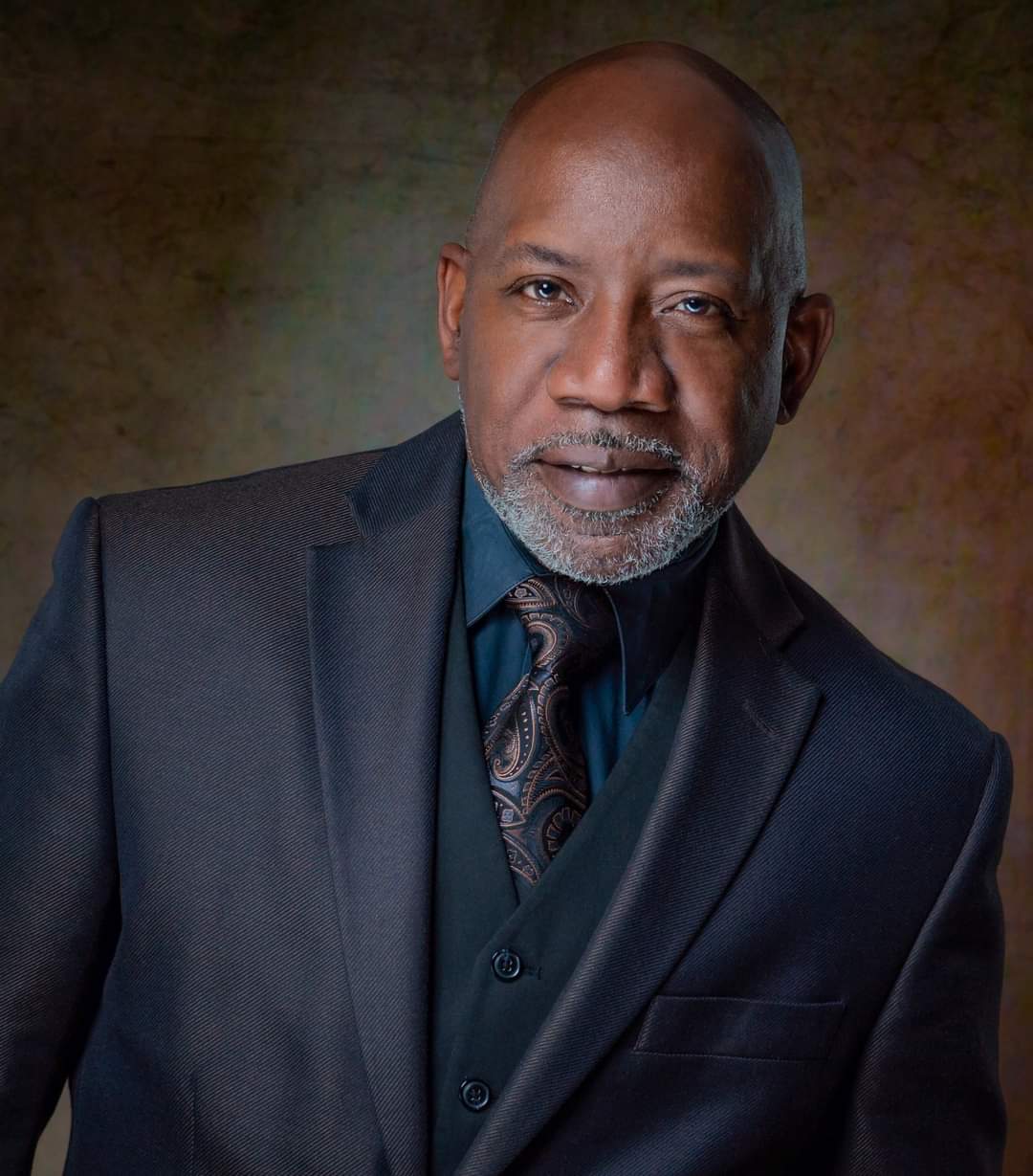Forgiveness is More Than Words: Revisiting the Heart and Spirit
- Paul Posey
- Jun 19
- 2 min read

Saying, “I forgive you,” is often seen as the final step in healing a past hurt, but in reality, forgiveness is much deeper than a simple phrase. Many of us believe that once we verbally forgive someone, the pain and resentment should disappear immediately. However, true forgiveness isn’t just about speaking the words; it’s about a journey that requires revisiting your heart, spirit, and often, your memories to truly heal.
Forgiveness begins with the conscious decision to let go of anger, resentment, and desire for revenge. But for genuine healing to take root, it’s essential to revisit the person or the situation, whether mentally, emotionally, or spiritually. Without revisiting the pain, we risk carrying unresolved hurt that only continues to weigh us down long after the words have been spoken.
Think of someone you haven't seen in years, maybe after a long separation or loss, and still feel a twinge of resentment when you think of them. You might have convinced yourself that you’ve forgiven them — that you’ve moved on. But when you unexpectedly see them in the grocery store, your stomach tightens, your heart races, and old feelings rise to the surface. That’s your spirit telling you that true forgiveness hasn’t fully taken hold. The words might have left your lips, but your heart and mind still harbor the wounds.
This is common in situations like a breakup after betrayal or infidelity — where one partner cheats, and the other swears they’ve forgiven. But months or even years later, when they confront the person or encounter reminders of the betrayal, resentment rears its ugly head. That lingering bitterness doesn’t necessarily mean they haven’t forgiven, but it reveals that healing is ongoing, and perhaps, the emotional and spiritual work of forgiveness is still incomplete.
True forgiveness is a process. It requires revisiting the pain—acknowledging it, feeling it, and understanding that healing is gradual. It’s not a one-time declaration but a continual choice to release the emotional hold hurt has on us. Forgiveness might be spoken aloud, but the real test is whether your heart is at peace—whether you can genuinely wish the person well without bitterness clouding your thoughts, or whether you still clutch on to resentment and mistrust.
This ongoing revisiting is crucial because unresolved resentment can manifest as emotional blockages, mistrust, or even health issues. It’s only when we allow ourselves to revisit the situation—without judgment or guilt—that true forgiveness can flourish. It’s a biblical or spiritual journey of healing, often requiring inner reflection, time, and sometimes, counseling or support to fully move forward.
In conclusion, saying “I forgive you” is just the first step. True forgiveness involves revisiting our pain, memories, and feelings to see if the wounds have healed or if there’s still work to do. It’s a process of the heart and spirit, not just words. Only then can forgiveness be complete and genuine – transforming pain into peace and resentment into freedom.
Remember, healing isn’t a race; it’s a journey. Be patient with yourself as you revisit your past, and trust that genuine forgiveness will eventually lead to true peace.
Coach Paul





Comments